Israel’s security cabinet has approved the recognition of 19 new settlements in the occupied West Bank as the government continues its settlement expansion push.
Far-right Finance Minister Bezalel Smotrich, a settler who proposed the move…
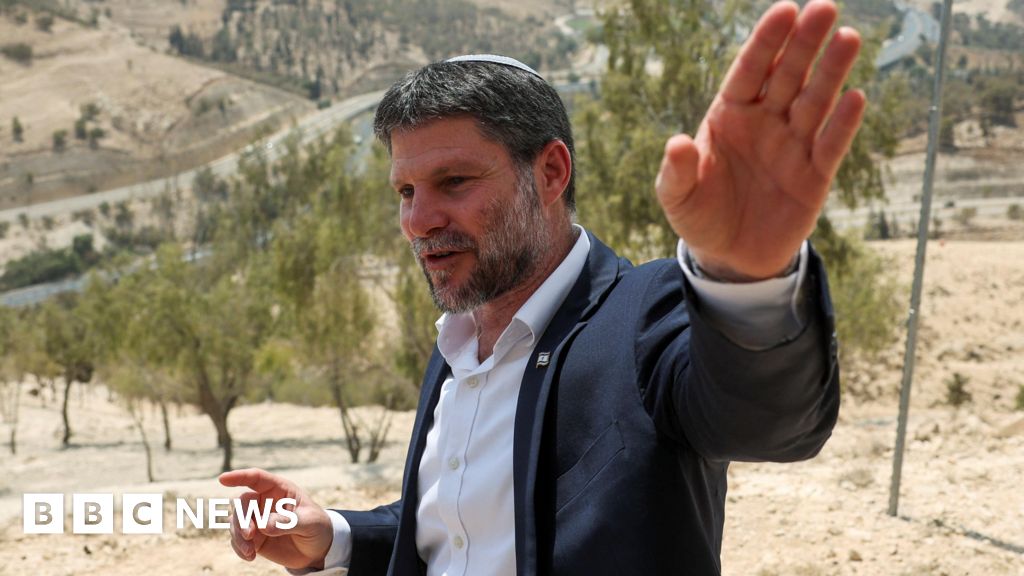
Israel’s security cabinet has approved the recognition of 19 new settlements in the occupied West Bank as the government continues its settlement expansion push.
Far-right Finance Minister Bezalel Smotrich, a settler who proposed the move…
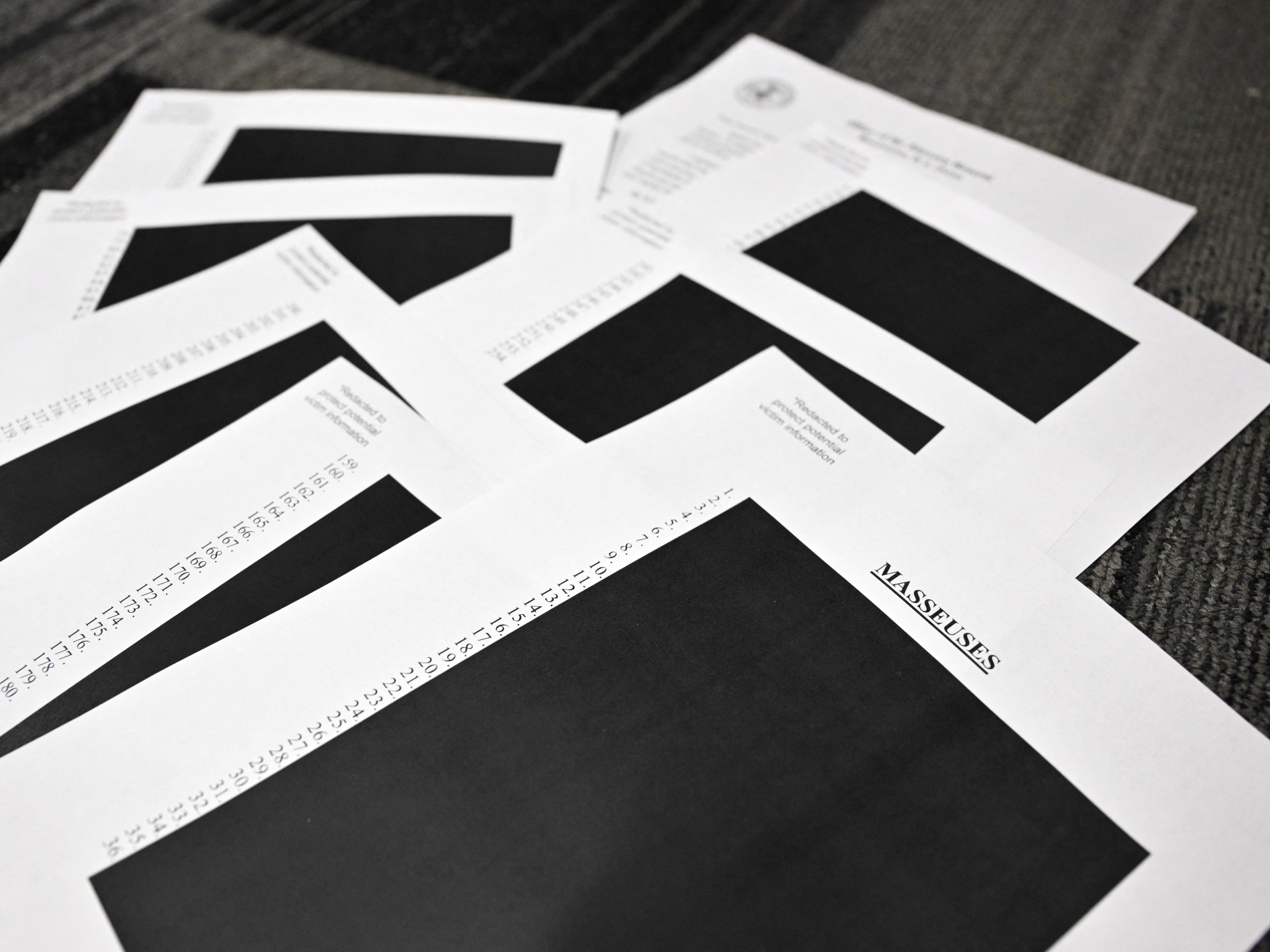
The United States Department of Justice (DOJ) has released thousands more documents relating to the prosecution of the late sex offender and financier Jeffrey Epstein, including photographs of prominent figures he spent time with. But campaigners…

While Donald Trump’s justice department did not deliver on a legal requirement to disclose all Jeffrey Epstein-related files by Friday, one document in an otherwise underwhelming disclosure lifted the veil on authorities’ inaction – and its…
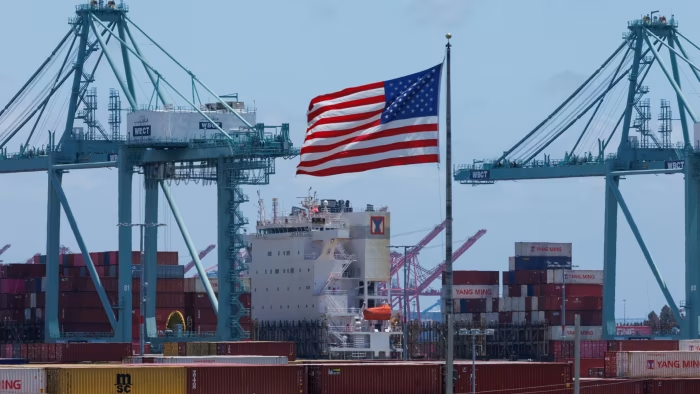
This article is an on-site version of the Free Lunch newsletter. Premium subscribers can sign up here to get the newsletter delivered every Thursday and Sunday. Standard subscribers can upgrade to Premium here, or explore all FT…
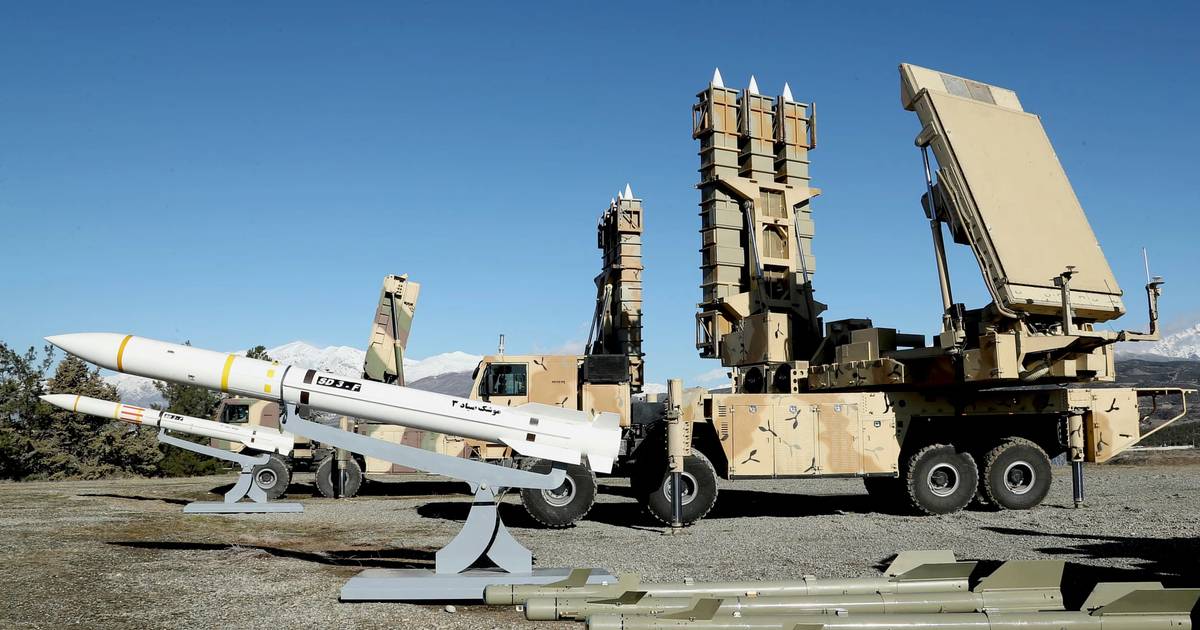
The Hamas attack, the 12-day Iran-Israel war in June and Israel’s relentless strikes on Iranian-aligned actors did not end the region’s conflicts, but they changed how states now manage them.
In place of grand diplomacy or formal pacts, a…
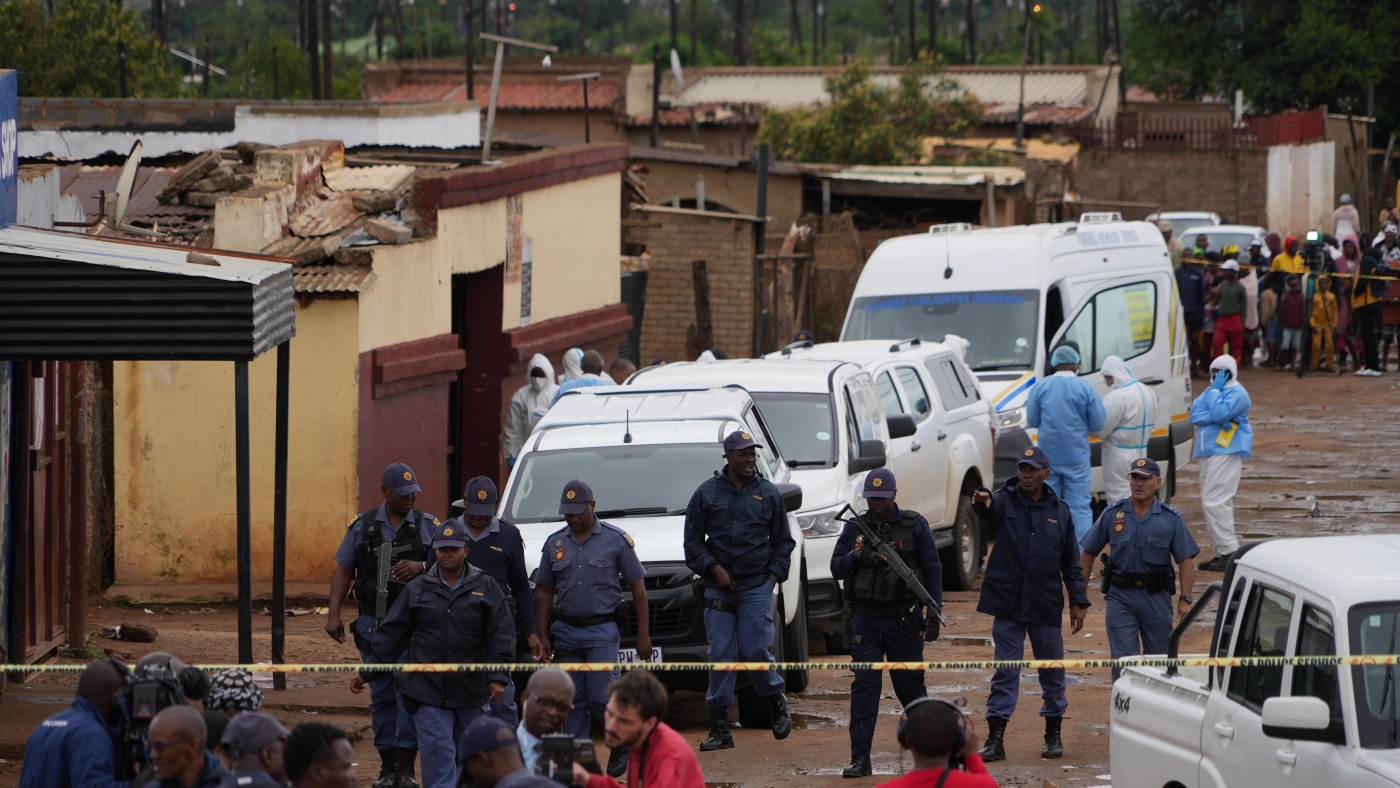
South African police gather at the scene of a mass shooting where gunmen killed nine and injured at least 10 in a pub in…
21 December 2025
By the Climate Centre
(A non-exhaustive look back at the year’s main events and our engagement with them through the eyes of the Climate Centre news service.)
January
The IFRC

On the scrubby banks of the rural swathes of the Venice lagoon, an evening chorus of cicadas underscores the distant whine of farmers’ three-wheeled minivans. Dotted along the brackish fringes of the cultivated plots are scatterings of…
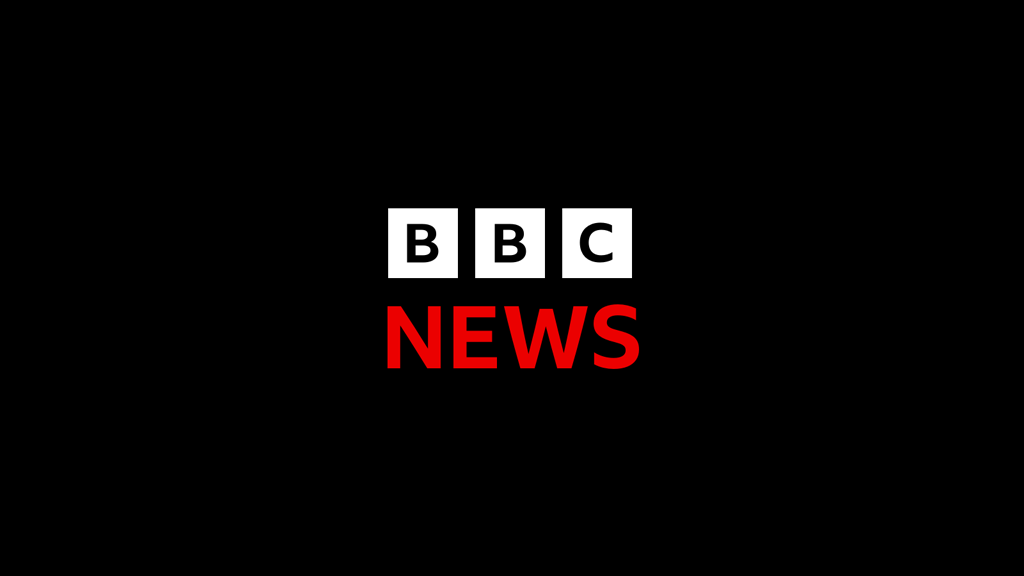
Matt Spivey
Live page editor
A national day of reflection is being held on Sunday in Australia, one week on from the Bondi Beach shooting…